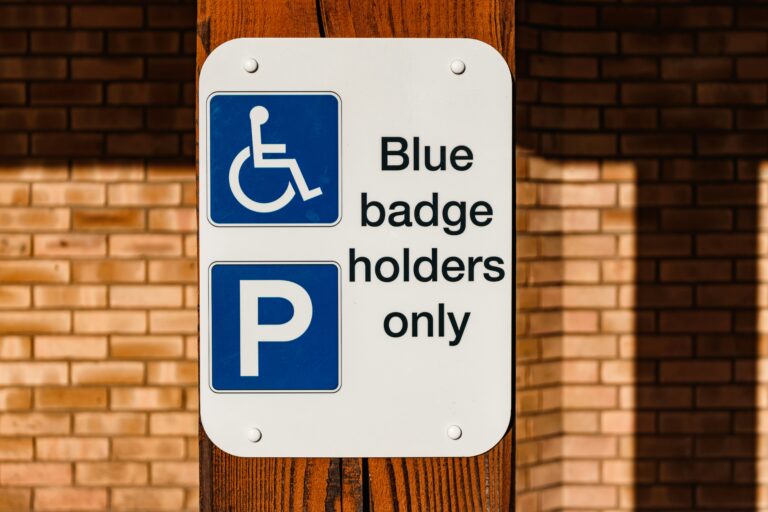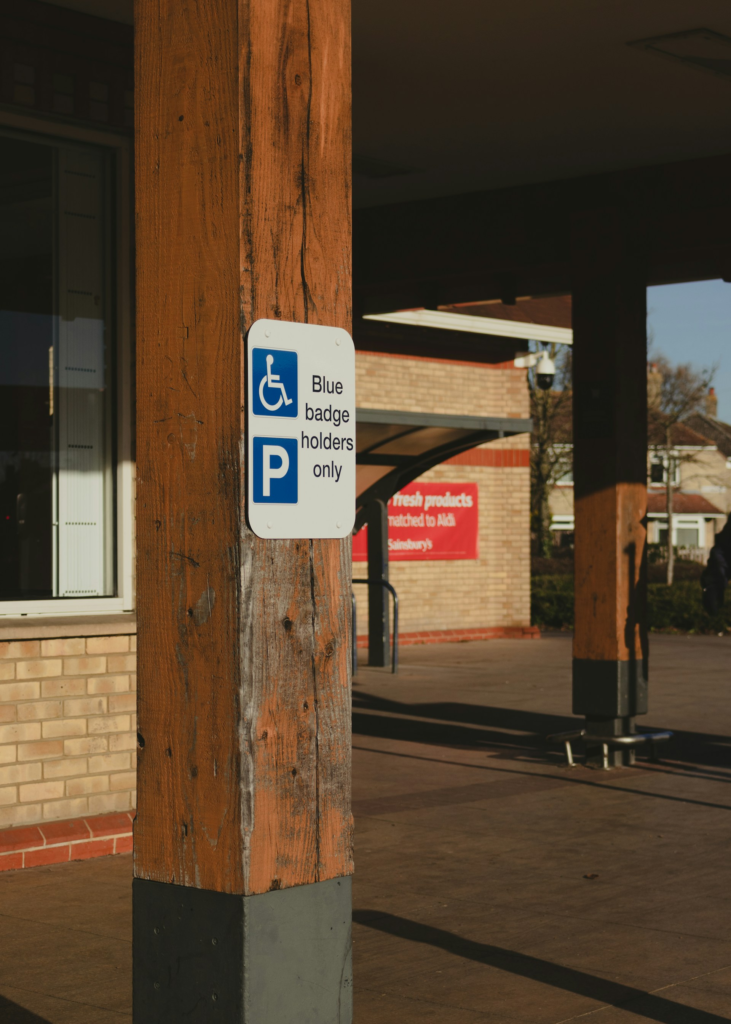Seven people in Norfolk have been prosecuted for illegal use of blue badges for disabled people, amid surging reports of misuse.

Norfolk County Council carried out 103 investigations into reports of misuse in 2021/22, up from 52 in the previous year.
While 55 of the latest cases resulted in letters warning and advising people to use the badges correctly, seven people were taken to court.
They included:
- A husband who used a blue badge issued to his wife to park on double yellow lines in Old Post Office Street in Fakenham in December last year. He was convicted at Norwich Magistrates Court in July and ordered to pay £634 in fines, costs and victim surcharge.
- Another man used a blue badge his partner had been issued to park in Jetty Cliff in Cromer in January, while he was working nearby. He was ordered to pay £834 in fines, costs and victim surcharge.
- Another man used his wife’s blue badge to park in a disabled parking space in Palmer Road, Gorleston last December. He was convicted at Great Yarmouth Magistrates Court in April and had to pay £364.
- A husband who used his wife’s badge to park on yellow lines in Church Street, Sheringham last summer also ended up in court. He was ordered to pay just over £1,019.
- Another husband who used his wife’s badge to park in Sheringham’s Cremer Street last July had to pay a little over £1,042.
- Yet another husband who misused his wife’s blue badge had to pay £1,225 after he parked in a disabled space in King Street, Great Yarmouth.
- And a driver used an expired blue badge, issued to another family member to park on a yellow line in Market Gates in Great Yarmouth. They had to pay £728 after conviction.
Civil enforcement officers also seized 55 blue badges. Twenty-two of them were returned because the holder was not aware they had been misused.
Of the 103 reports of misuse, there were 41 where no further action could be taken, for instance if the vehicle was on private land or where there was not enough information to continue the investigation.
The council’s blue badge investigator is also investigating instances where a genuine blue badge holder remains in their vehicle while a non-badge holder shops for them.
That is against the rules surrounding blue badges, but officers say they are warning and advising people they catch, rather than taking enforcement action.

Martin Wilby, the council’s cabinet member for highways, infrastructure and transport, and chair of the Norfolk Parking Partnership committee, said: “We know blue badges are a lifeline for more than 40,000 people in Norfolk who currently have one.
“The team does investigate any reports of misuse that we receive, as this helps to make sure on street spaces remain available for those who need them most.”
What are the rules around blue badges?
A blue badge is a parking permit for people who have severe mobility problems caused by on-going and substantial visible or non-visible disabilities.
Eligible people can apply for the badges, which cost £10.
People with them can park in places other drivers can’t, such as parking spaces reserved for blue badge holders.
Blue badges are linked to the holder, rather than vehicles, so they can use them in any car they drive or travel in as a passenger.
Badges usually mean holders can park for free on streets with parking meters or pay-and-display machines for as long as they need to and in disabled parking bays on streets for as long as they need to, unless a sign says there is a time limit.
They can also park on single or double yellow lines for up to three hours unless there’s a ‘no loading’ sign.
